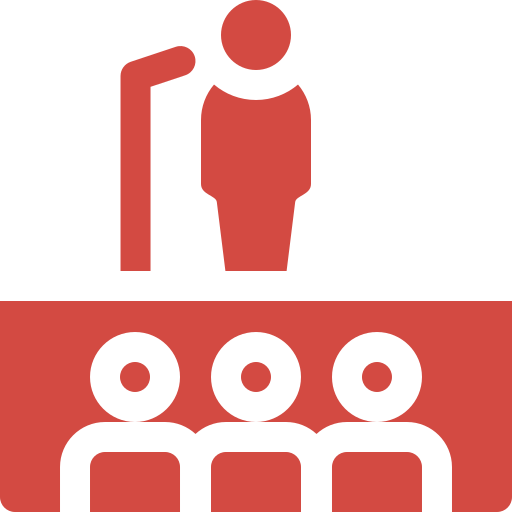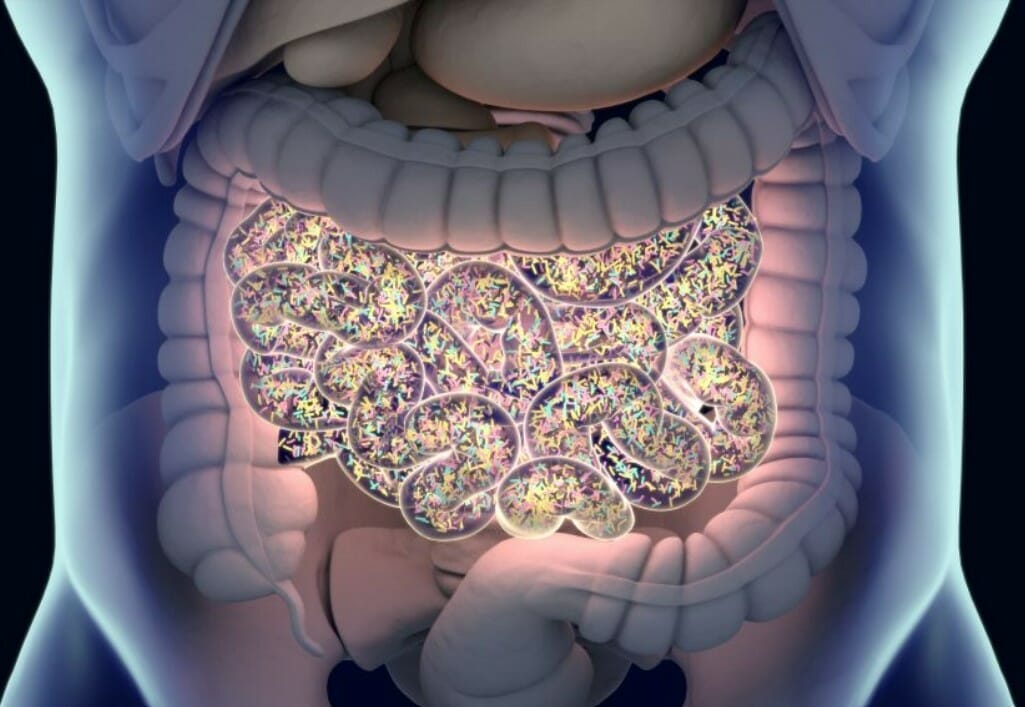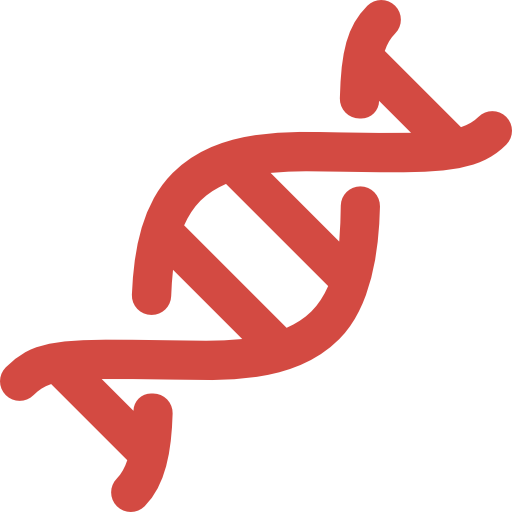Screening Age
It’s Colorectal Cancer Awareness Month, a good time to remind you that experts now recommend routine screening for colorectal cancer beginning at age 45.
The screening age was lowered in 2021, as the number of young adults being diagnosed with colorectal cancer continued to rise, with many cases diagnosed at more advanced stages than in older adults eligible for screening.

Benefits of Earlier Screening
Earlier screening can help identify and remove growths in the colon or rectum called polyps before they develop into cancer — or catch cancer when it’s easier to treat.
Even if you’re younger than 45, you should see your doctor and ask about screening if you have a family history of colorectal cancer or are experiencing symptoms.

Colorectal Cancer Screening Options
Though colonoscopy is the gold standard, there are several options
At-home tests are noninvasive and indicate whether further screening is necessary. Talk to your doctor about the best option for you.
There are several colorectal cancer screening options to choose from. Each screening test has different feature
Colonoscopy
Uses a colonoscope (“scope”) with a light and camera to examine the inside lining of the colon while you are sedated. Considered the gold standard for finding colon cancer or precancerous polyps
CT colonoscopy (virtual colonoscopy)
- Uses a CT scan (CAT scan) to inspect the lining of the colon for polyps
- Requires a “bowel prep” or bowel cleanse to empty the colon the day before the procedure
- Not able to detect very small polyps
- If the test detects polyps or cannot differentiate between what may be a polyp, a colonoscopy must be performed to further investigate and remove the polyps
Flexible sigmoidoscopy
- Uses a colonoscope (“scope”) with a light and camera to examine the inside lining the colon
- Examines only the bottom portion of the colon
- Can detect very early colorectal cancers
- Requires a “bowel prep” or bowel cleanse to empty the colon the day before the procedure
Cologuard
Stool test is collected at home and sent for testing. The study looks for blood or DNA markers associates with colon cancer. A positive test means that a colonoscopy is required.
Want to Learn A Little More About These Options?
CLICK HERE for full details




























